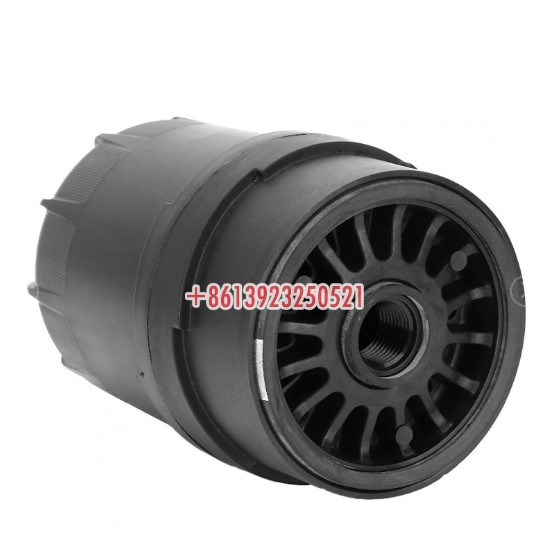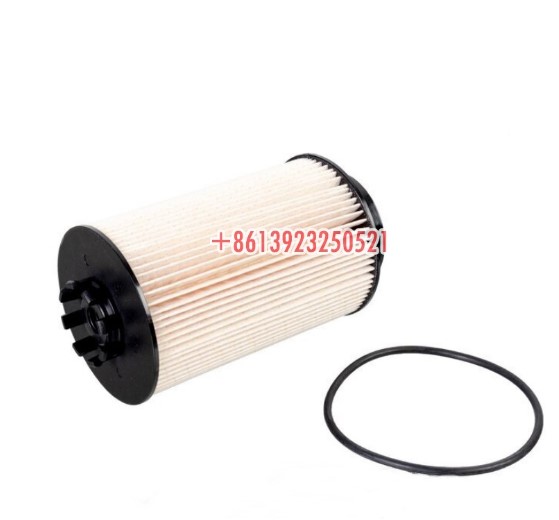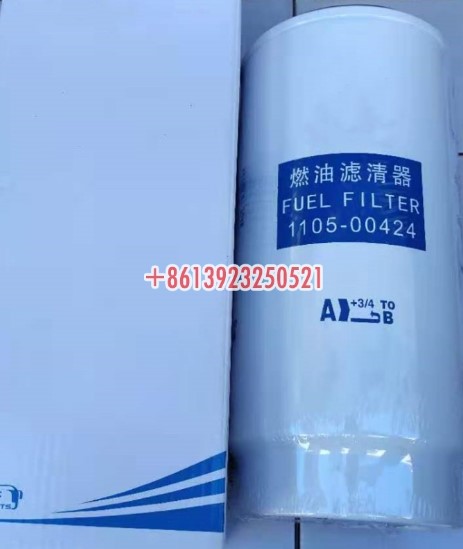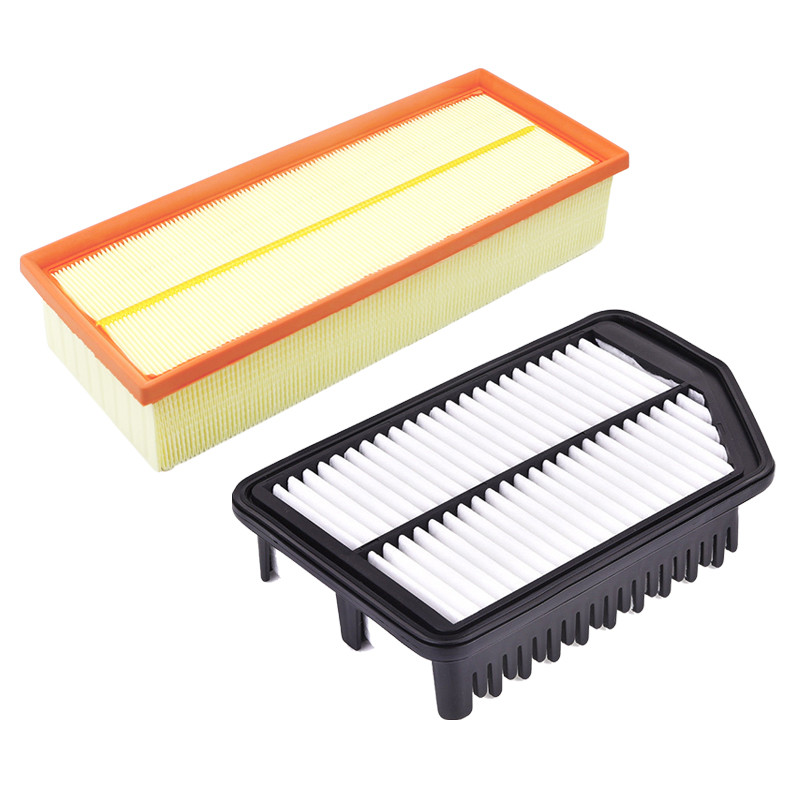A vehicle's smooth operation depends on numerous factors, and one critical but often neglected piece is the fuel filter. Drivers frequently ask, 'Does a dirty fuel filter affect performance?' and 'Can a bad fuel filter cause poor acceleration?' The answer is a resounding yes. In this article, we delve into the role of the fuel filter and how its condition directly influences your car's acceleration and overall performance.
Definition Of Fuel Filter
A fuel filter is an essential part of your vehicle's fuel system. Its primary function is to sieve out impurities and contaminants from the fuel before it reaches the engine. This prevents debris and particles from clogging up the fuel injectors, carburetors, and other sensitive engine components.
How Does Acceleration Work?
Acceleration is the result of a precise combustion process that occurs within the engine. For combustion, the engine requires a perfect combination of air and fuel. Any interruption in this equilibrium can alter the power generated, and therefore the acceleration.

The Connection Between A Dirty Fuel Filter And Acceleration
Can a clogged fuel filter impair acceleration? Yes, it certainly can. When a fuel filter becomes clogged with impurities over time, the flow of fuel to the engine is obstructed. This disturbance can result in a variety of problems, including inefficient combustion, lower power output, and, yes, slow acceleration.
Impact On Fuel Delivery
A dirty fuel filter restricts the amount of fuel that reaches the engine. This imbalance in the air-fuel mixture can cause incomplete combustion, resulting in reduced power output. When a driver hits the accelerator, the engine may struggle to obtain enough gasoline, resulting in a perceptible delay in acceleration response.
Engine Strain
A blocked gasoline filter might also cause the engine to work harder. When the engine is deprived of sufficient gasoline, it compensates by working harder to maintain performance. This strain can lead to excessive wear and tear on various engine components, further contributing to poor acceleration and potentially causing long-term damage.
Combustion Efficiency
The combustion process relies on a precise ratio of fuel and air. A dirty fuel filter disrupts this ratio, leading to inefficient combustion. Inefficient combustion not only reduces acceleration but also increases fuel consumption and pollutant emissions.
Modern Engine Management
Today's vehicles are equipped with sophisticated engine management systems that continuously monitor and adjust various performance parameters, such as fuel delivery. A dirty or clogged fuel filter can mislead these systems with incorrect readings, leading to adjustments that can significantly hamper acceleration and degrade the vehicle's overall performance.

Signs Of A Dirty Fuel Filter
Several indicators can hint at a dirty fuel filter affecting your vehicle's acceleration:
Sluggish Acceleration
Sluggish acceleration is one of the most noticeable signs of a dirty fuel filter. When the filter becomes clogged with debris and contaminants, it obstructs the smooth flow of fuel to the engine. As a result, the engine struggles to receive the necessary amount of fuel required for combustion. Because of the imbalance in the fuel-air combination, power delivery is delayed, causing the car to respond sluggishly when you push the gas pedal.
Engine Misfires
Engine misfires are another concerning consequence of a dirty fuel filter. Misfires occur when the combustion process within the engine cylinders doesn't occur as it should. A blocked fuel filter interferes with the precise balance of fuel and oxygen needed for optimal combustion. As a result, part of the fuel may not entirely burn, resulting in misfires that can be felt as jerks, hiccups, or unpleasant vibrations.
Hesitation And Stalling
Hesitation and stalling are frustrating symptoms often associated with a dirty fuel filter. Hesitation refers to a delay or a momentary lack of response from the engine when you press the accelerator. It's as though the engine hesitates before producing the necessary power. Stalling, on the other hand, happens when the engine abruptly shuts down, generally while the vehicle is idling or going slowly.

Decreased Fuel Efficiency
A clogged fuel filter not only reduces acceleration but can also contribute to poor fuel economy. When the filter becomes clogged, the correct flow of fuel to the engine is disrupted, leading it to work harder to create power. This inefficiency can lead to increased fuel consumption, meaning you'll need to visit the gas station more frequently and spend more money on fuel.
Poor Engine Performance
In addition to sluggish acceleration, a dirty fuel filter can result in overall poor engine performance. You might notice that your vehicle struggles during acceleration, hesitates or stumbles while driving, or even experiences jerks and jolts. These concerns might not only make driving uncomfortable, but they can also lead to dangerous circumstances, particularly in traffic or on highways.
Conclusion
To sum up, the condition of your fuel filter is pivotal to your vehicle's acceleration and efficiency. A dirty fuel filter does more than just affect acceleration—it can lead to a cascade of performance issues. Regular maintenance and timely replacement of your fuel filter with a high-quality option from COOBELL can prevent these problems. For an extensive selection of fuel filters that ensure optimal performance, reach out to us at sales@coobell.net.


.jpg)
.jpg)
